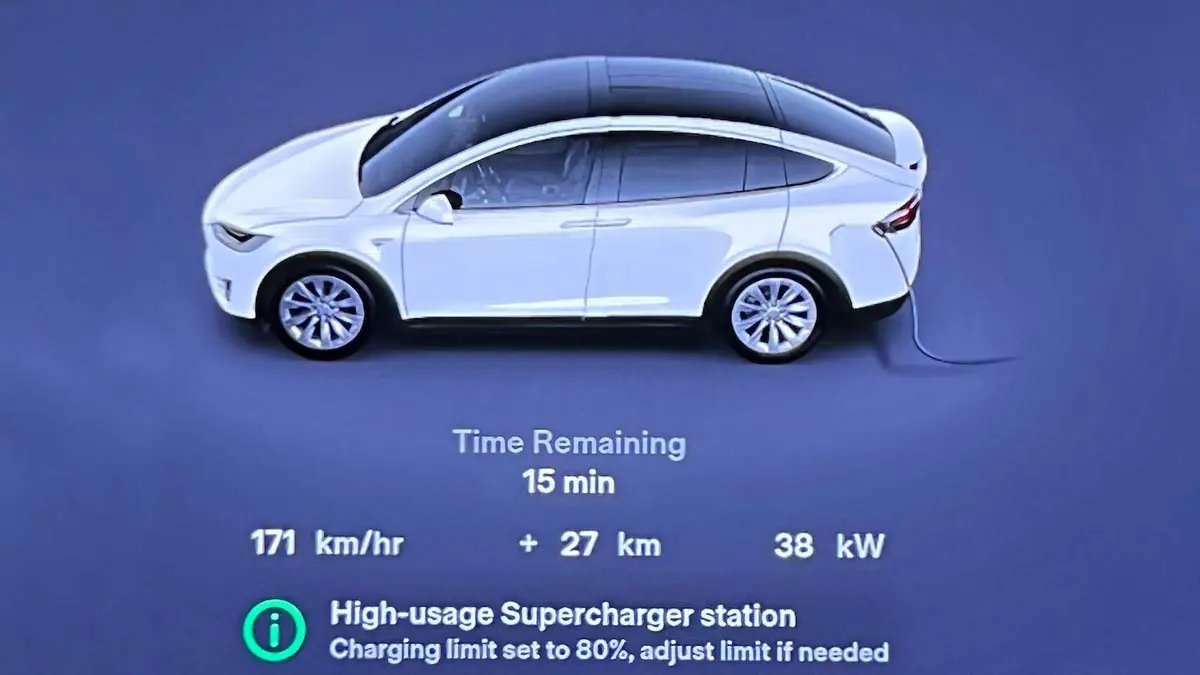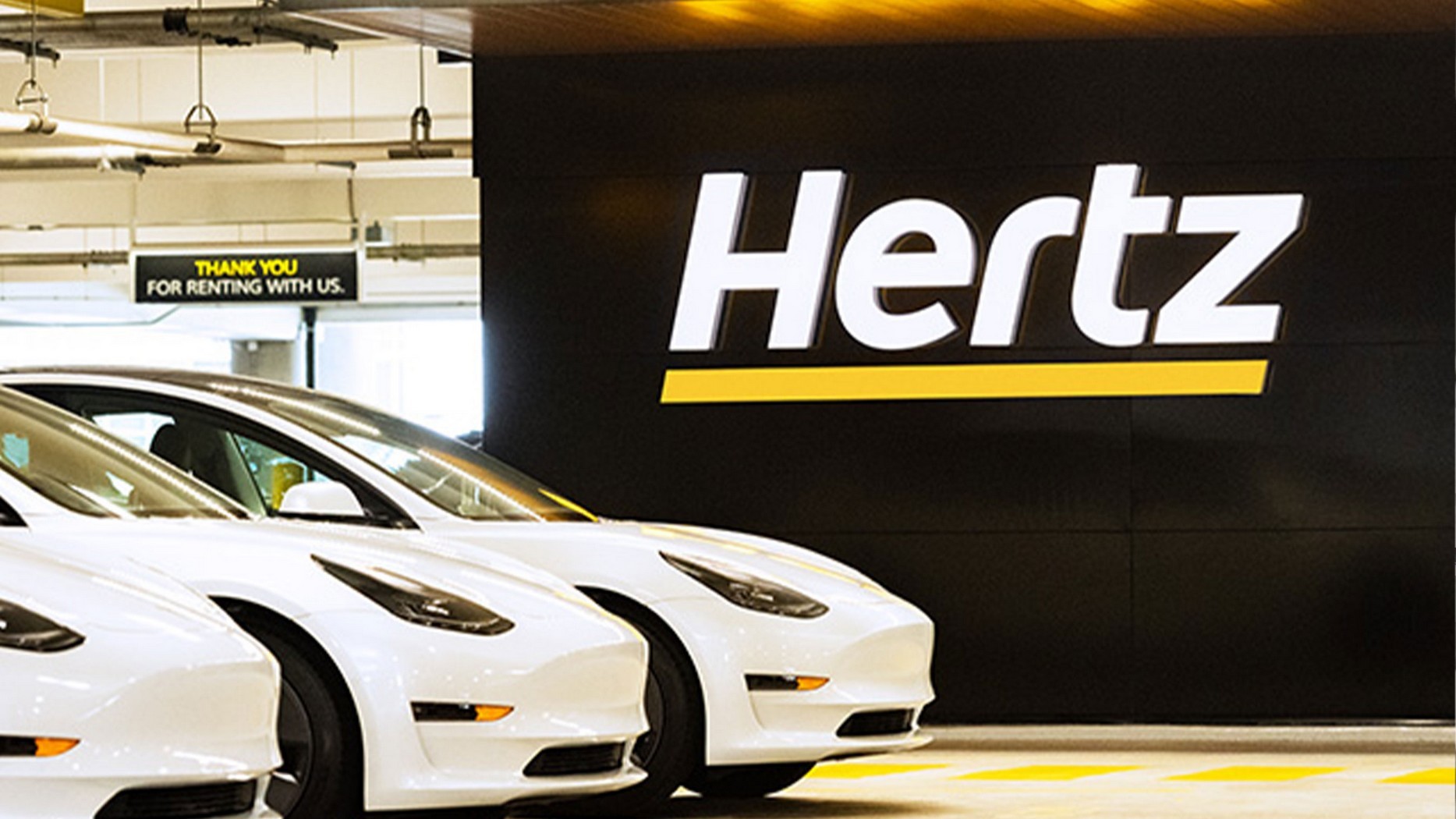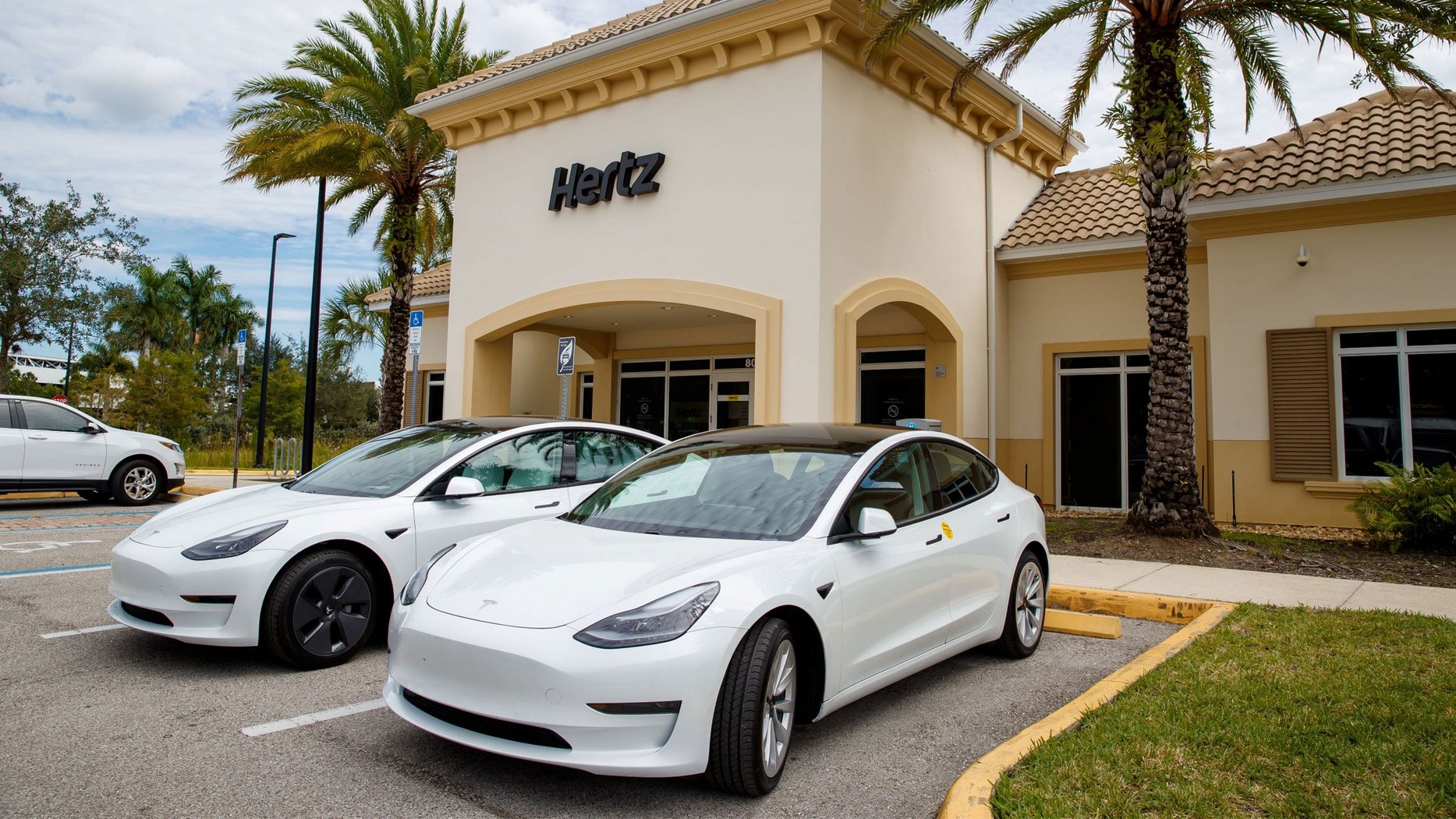Renting a car can often be a stressful experience, especially when it comes to returning the vehicle. For traditional gasoline cars, documenting the car’s condition with photos and videos is a common practice to protect against unexpected charges. However, the world changes dramatically when renting an electric vehicle (EV).
While refueling a gasoline car is a familiar process for most drivers, managing an EV’s charge introduces a new set of complexities. Unlike the widespread availability of gas stations, EV charging infrastructure is still developing, requiring renters to go into unfamiliar territory and potential challenges. This combination of factors transforms the EV rental experience into a more demanding endeavor compared to its gasoline counterpart.

Hertz’s decision to impose a $10.99 per kWh fee on customers who return electric rental vehicles with a depleted battery is a glaring example of corporate greed overshadowing environmental responsibility. This exorbitant charge, vastly exceeding the market rate for electricity, is particularly concerning given the nascent stage of electric vehicle adoption.
By artificially equating the cost of replenishing an electric battery with the price of gasoline, Hertz not only exploits consumer unfamiliarity with EV charging but also actively discourages the transition toward cleaner transportation. Such predatory practices undermine the broader goal of promoting electric vehicles as a viable and sustainable alternative to traditional gasoline-powered cars.
Hertz prioritizes profit maximization over supporting the advancement of a greener future, leaving a negative impression on consumers considering the switch to electric vehicles. This shortsighted approach not only tarnishes the company’s reputation but also hinders the progress of sustainable mobility.
Moreover, Hertz’s actions send a detrimental message to the broader electric vehicle ecosystem. By imposing such a punitive fee, the company discourages investment in charging infrastructure and creates an environment of uncertainty for potential EV adopters. A thriving electric vehicle market requires a supportive infrastructure and fair pricing practices.
Hertz’s actions move in the opposite direction, potentially stifling innovation and progress in this critical sector. Companies like Hertz must recognize their role in fostering a sustainable future and adopt policies that encourage, rather than hinder, the widespread adoption of electric vehicles.

To mitigate these costs, Hertz provides two primary options. The first, the EV Purchase Option (EVPO), allows renters to prepay for the vehicle’s electricity, ensuring no additional charges regardless of the return state of charge. However, this option requires an upfront payment. The second option involves charging the vehicle to at least 75% before returning it.
While this approach avoids the EVPO fee, it demands additional time and planning on the renter’s part. Understanding these nuances is crucial for EV rental customers to make informed decisions and avoid unexpected financial burdens. Careful consideration of the EVPO and personal charging capabilities is essential to optimize rental costs.

